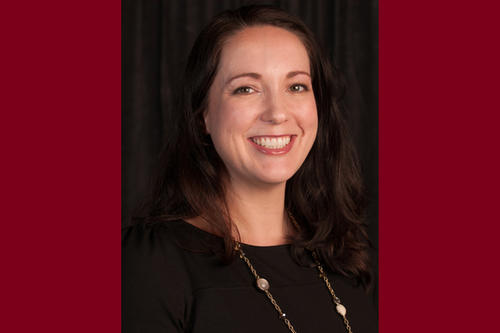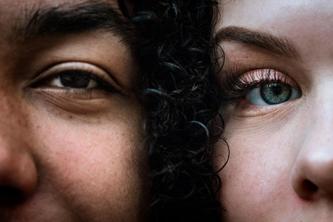
Who: Kelly Nye-Lengerman, Ph.D. research associate, Institute of Community Integration in the College of Education and Human Development at the University of Minnesota
What: Hearing of the U.S. Senate Special Committee on Aging: “Supporting Economic Stability and Self-Sufficiency as Americans with Disabilities and Their Families Age.”
Where: Dirksen State Office Building, Room 562, 50 Constitution Ave. N.E., Washington, D.C.
When: 9:30 a.m. Eastern Time, Wednesday, July 18, 2018
The nation will celebrate National Disability Independence Day on July 26, commemorating the day in 1990 when the Americans with Disabilities Act (ADA) was signed.
While the ADA set the foundation for disability rights, the employment opportunity gap for people with disabilities has not significantly improved in the last 10 years. Currently, 78 percent of people with disabilities experience unemployment, at a time when the Bureau of Labor Statistics reports a national unemployment rate of 4 percent. Unemployment, underemployment, and poverty disproportionately affects people with disabilities and their families.
People with disabilities are more than twice as likely to live in poverty compared with those without a disability (27 percent vs. 11 percent). And families that include a member with a disability are more likely to live in poverty. The average household income for a family with a disability is nearly 45 percent less than the average U.S. household.
The nation needs qualified job seekers and research shows that persons with disabilities are highly motivated workers with lower absenteeism and turnover, and higher rates of productivity. As a result of the historic employment opportunity gap and other barriers, people with disabilities often have little to no retirement savings, which places them in more precarious circumstance as they age.
Kelly Nye-Lengerman, a research associate at the University of Minnesota’s Institute on Community Integration, says there are policy and public investments that can be made to improve self-sufficiency for persons with disabilities and their families, while balancing the needs of reducing the burden on public programs.
Kelly Nye Lengerman, Ph.D.
“Many Americans with disabilities and their families are in a precarious situation, and employment is the primary pathway out of poverty. Supporting the employment of people with disabilities at any age is critical to ensuring their long-term economic security, well-being, and maximizing their contributions as citizens.
"With life expectancies increasing for people with and without disabilities and the changing demographics of the workforce from workers to retirees, public support programs must continue to modernize. Many public support programs inadvertently keep individuals and families in poverty to maintain eligibility. Support programs are critical lifelines for individuals and families but do little to assist in lifting them out of poverty long-term.
"Promising policy pathways that support employment, increased earnings and saving opportunities for people with disabilities and their families include: The Workforce Innovation and Opportunity Act (WIOA), Achieving a Better Life Experience Act (ABLE), Self-Directed Supports, paid leave family, and tax credits to offset out of pocket caregiving and disability-related expenses. Long-term investments can lead to long-term gains to increase economic security of individuals with disabilities and their families."
Kelly Nye-Lengerman is a research associate at the University of Minnesota’s Institute on Community Integration in the College of Education and Human Development whose work focuses on full inclusion of individuals with disabilities in community life. Her work covers the life span issues related to community living for people with disabilities, employment, anti-poverty initiatives, public support programs, and workforce development.
Contact information:
Brad Robideau
[email protected]
612-625-8431 (office)
About University of Minnesota experts:
University of Minnesota experts can provide commentary, insights and opinions on various news topics. See selected experts on UMN’s Experts Guide or inquire about additional experts via email at [email protected].
Media note:
The University of Minnesota Twin Cities is equipped with a VideoLink ReadyCam® studio for live or taped HD television interviews with our experts. To arrange an interview, contact the University News Service at (612) 624-5551 or [email protected].
- Categories:
- Health




